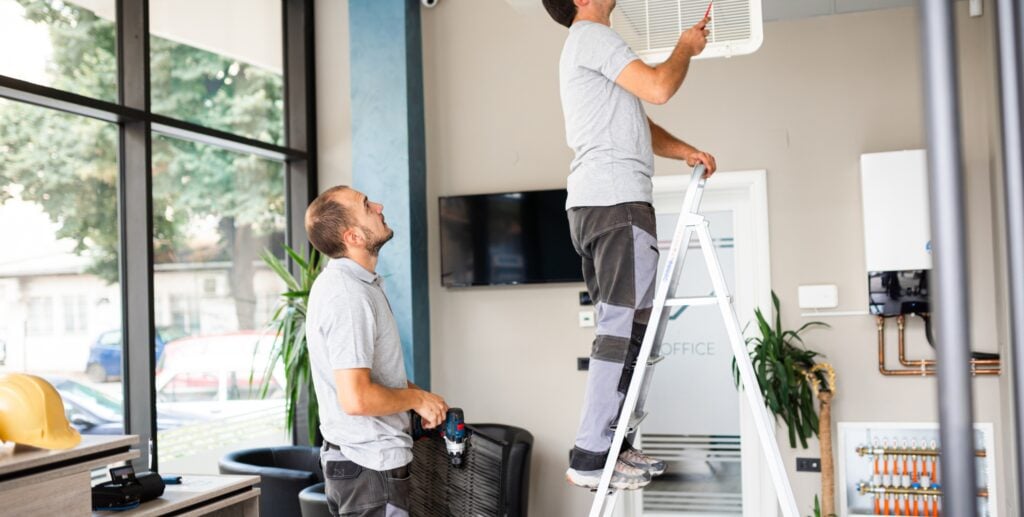Title: Essential Maintenance Strategies: A Guide for New Landlords
As the real estate market continues to flourish, many individuals are stepping into the world of property management, transitioning from homeowners to landlords. For those new to this venture, understanding the nuances of property maintenance is crucial to ensuring tenant satisfaction, preserving property value, and maximizing rental income. Here’s a comprehensive guide to essential maintenance strategies every new landlord should master.
Understanding the Importance of Maintenance
Maintenance is the backbone of successful property management. Proper upkeep not only enhances the aesthetic appeal and functionality of a property but also prevents minor issues from escalating into costly repairs. As a new landlord, the quality of maintenance you provide directly influences tenant retention and overall property reputation.
Preventive Maintenance: The First Line of Defense
Regular Inspections: Schedule regular property inspections to identify potential issues early. These should include checks on roofing, plumbing, electrical systems, and HVAC units. Early detection can prevent small problems from evolving into expensive repairs.
Seasonal Checks: Adapt your maintenance strategies to the seasons. For instance, in the spring, check for damage caused by winter weather, and in autumn, ensure gutters are clear of leaves.
Routine Servicing: Regularly service essential systems such as heating, ventilation, and air conditioning. This not only extends their lifespan but also ensures energy efficiency and comfort for your tenants.
Responsive Maintenance: Ready for the Unexpected
Establish a Repair Request Protocol: Implement a system for tenants to report issues quickly and efficiently. This could be a dedicated email, a phone line, or a tenant portal. Ensure requests are acknowledged within 24 hours.
Emergency Preparedness: Have a plan in place for handling emergencies such as gas leaks, water damage, or electrical failures. This should include a list of trusted contractors who can be contacted at short notice.
Tenant Communication: Maintain open and transparent communication with tenants regarding repair timelines. Keeping tenants informed fosters trust and understanding, especially during complex or delayed repairs.
Upkeep of Common Areas: Enhancing Appeal and Safety
Landscape Management: Regularly mowing the lawn, trimming shrubs, and removing debris can significantly improve a property’s curb appeal. Consider hiring professional services for larger properties.
Safety Inspections: Ensure common areas such as staircases, hallways, and playgrounds are hazard-free. Regularly check smoke detectors, fire extinguishers, and emergency lights to ensure compliance with safety regulations.
Cleanliness: Maintain cleanliness in communal spaces to create a welcoming environment. This includes regular cleaning of lobbies, elevators, and laundry rooms.
Long-Term Planning: Future-Proofing Your Investment
Budget for Maintenance: Allocate a portion of rental income towards a maintenance fund. This prepares you for unexpected repairs and allows for planned upgrades and renovations.
Upgrade Strategically: Invest in upgrades that offer high returns. Modern kitchens, energy-efficient appliances, and improved insulation not only enhance property value but also attract quality tenants.
Documentation and Record-Keeping: Keep detailed records of all maintenance activities. This includes receipts, inspection reports, and correspondence with contractors. Such documentation is invaluable for future reference and potential disputes.
Leveraging Technology: Modern Solutions for Modern Problems
Property Management Software: Utilize software to track maintenance requests, schedule inspections, and manage communications. This can streamline processes, reducing administrative burden and enhancing efficiency.
Internet of Things (IoT): Consider integrating smart home technologies. Smart sensors can monitor water leaks, smoke, and other potential issues, providing real-time alerts that allow for prompt action.
Conclusion
Becoming a successful landlord goes beyond simply collecting rent. It requires a proactive approach to property maintenance, an understanding of tenant needs, and a commitment to providing safe and comfortable living spaces. By implementing these essential maintenance strategies, new landlords can safeguard their investments, build positive tenant relationships, and ensure long-term success in the dynamic world of property management. Embark on this journey with diligence, foresight, and adaptability, and watch your landlord venture thrive.


